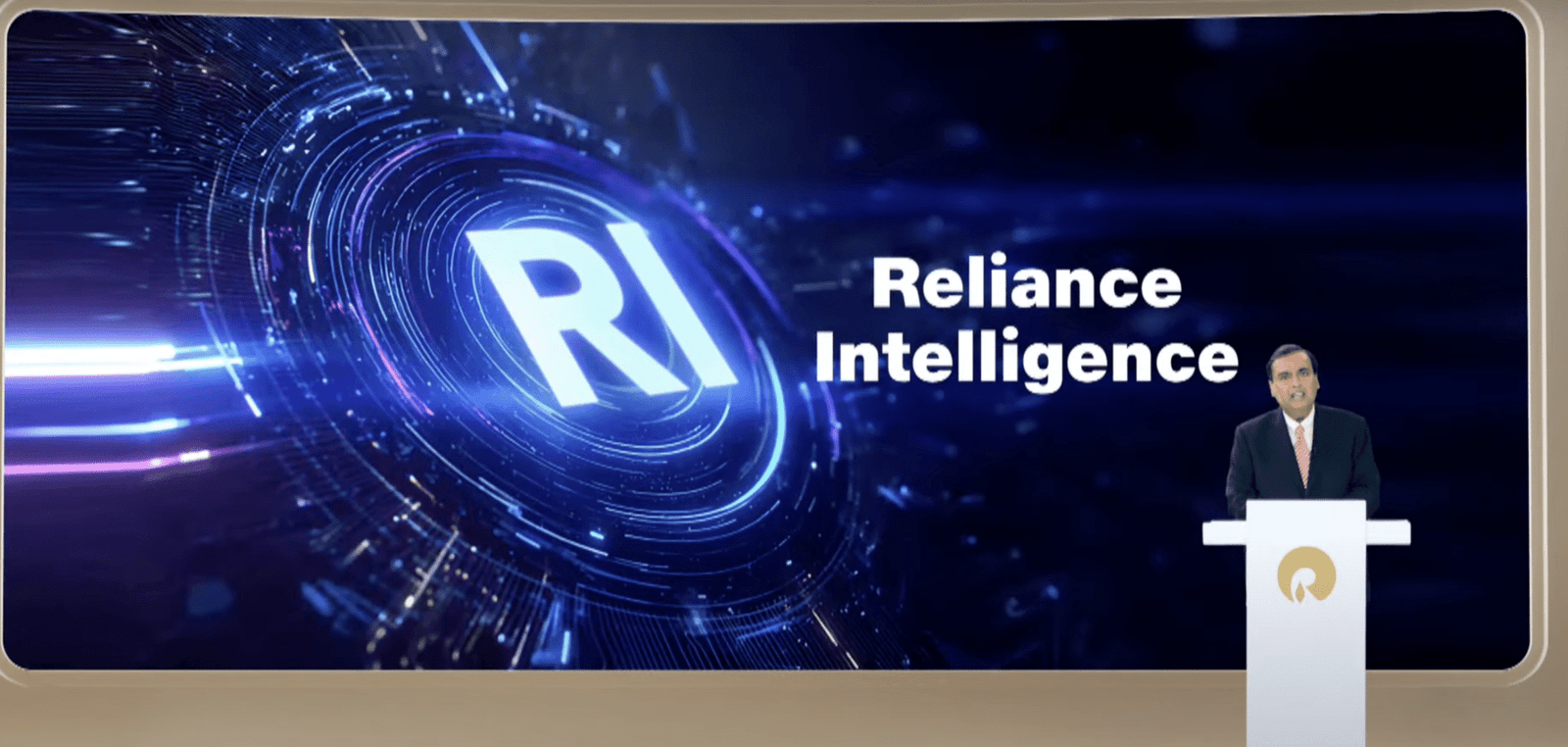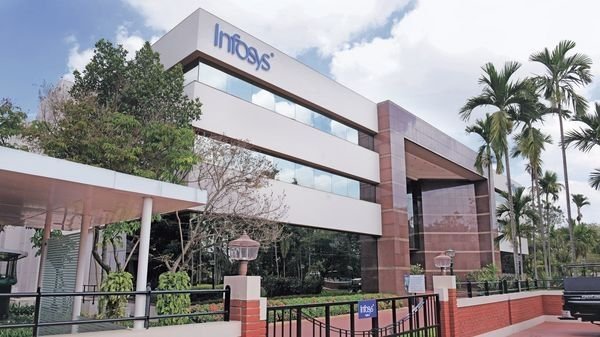Jobs & Careers
Trust is Non-Negotiable, Go People First

In its most comprehensive policy blueprint yet for use of artificial intelligence (AI) in finance, the Reserve Bank of India (RBI) released a ‘Framework for responsible and ethical enablement of AI’ (FREE‑AI), with a regulatory roadmap comprising 26 recommendations.
The document aims to harness AI’s transformative potential while safeguarding trust, ethics, and stability in India’s financial system.
FREE-AI was prepared by a committee set up by RBI in December 2024 and chaired by IIT Bombay professor Pushpak Bhattacharyya.
It examined global regulations, conducted industry surveys covering over 600 supervised entities, and engaged with multiple stakeholders before finalising the principles, as per an official release.
A survey conducted by the committee showed low but growing adoption of AI in the financial sector. Only 20.8% of the 612 entities surveyed by the committee were using or developing AI, with adoption skewed towards large banks.
Most deployments were in low‑risk areas like customer support, marketing, credit underwriting and cybersecurity tools. Smaller urban cooperative banks and NBFCs cited cost, data quality, and talent constraints as barriers.
The Seven Principles
The committee emphasised that trust is non-negotiable and should remain uncompromised. It highlighted the people-first approach, adding that AI should augment human decision-making, but defer to human judgment and citizen interest.
It called for fostering responsible innovation with purpose, fairness, and equity. The committee also underlined that AI outcomes should be fair and non-discriminatory. Besides, it stressed on accountability, noting that responsibility rests with the entities deploying AI. It said that AI should be understandable by design to ensure explainability for trust.
Finally, the committee stressed safety, resilience, and sustainability, stating that AI systems should be secure, resilient, and energy-efficient.
Recommendations
Most crucial among the 26 recommendations in the panel’s regulatory roadmap are the creation of a high-quality financial sector data infrastructure integrated with AI Kosh to democratise access to trustworthy AI models.
The committee also recommended setting up an AI innovation sandbox to allow safe experimentation in developing financial AI solutions; providing incentives, funding support, and shared compute “landing zones” so that smaller and underserved financial institutions can adopt AI.
It called for the development of indigenous, domain-specific AI models for the Indian financial sector, especially multilingual and inclusion-focused ones.
The committee also suggested adopting a graded AI liability framework that continues to hold institutions accountable but offers supervisory leniency for first-time failures with safeguards, besides embedding robust data lifecycle governance and AI model lifecycle oversight, particularly for autonomous AI systems.
Jobs & Careers
‘Reliance Intelligence’ is Here, In Partnership with Google and Meta

Reliance Industries chairman Mukesh Ambani has announced the launch of Reliance Intelligence, a new wholly owned subsidiary focused on artificial intelligence, marking what he described as the company’s “next transformation into a deep-tech enterprise.”
Addressing shareholders, Ambani said Reliance Intelligence had been conceived with four core missions—building gigawatt-scale AI-ready data centres powered by green energy, forging global partnerships to strengthen India’s AI ecosystem, delivering AI services for consumers and SMEs in critical sectors such as education, healthcare, and agriculture, and creating a home for world-class AI talent.
Work has already begun on gigawatt-scale AI data centres in Jamnagar, Ambani said, adding that they would be rolled out in phases in line with India’s growing needs.
These facilities, powered by Reliance’s new energy ecosystem, will be purpose-built for AI training and inference at a national scale.
Ambani also announced a “deeper, holistic partnership” with Google, aimed at accelerating AI adoption across Reliance businesses.
“We are marrying Reliance’s proven capability to build world-class assets and execute at India scale with Google’s leading cloud and AI technologies,” Ambani said.
Google CEO Sundar Pichai, in a recorded message, said the two companies would set up a new cloud region in Jamnagar dedicated to Reliance.
“It will bring world-class AI and compute from Google Cloud, powered by clean energy from Reliance and connected by Jio’s advanced network,” Pichai said.
He added that Google Cloud would remain Reliance’s largest public cloud partner, supporting mission-critical workloads and co-developing advanced AI initiatives.
Ambani further unveiled a new AI-focused joint venture with Meta.
He said the venture would combine Reliance’s domain expertise across industries with Meta’s open-source AI models and tools to deliver “sovereign, enterprise-ready AI for India.”
Meta founder and CEO Mark Zuckerberg, in his remarks, said the partnership is aimed to bring open-source AI to Indian businesses at scale.
“With Reliance’s reach and scale, we can bring this to every corner of India. This venture will become a model for how AI, and one day superintelligence, can be delivered,” Zuckerberg said.
Ambani also highlighted Reliance’s investments in AI-powered robotics, particularly humanoid robotics, which he said could transform manufacturing, supply chains and healthcare.
“Intelligent automation will create new industries, new jobs and new opportunities for India’s youth,” he told shareholders.
Calling AI an opportunity “as large, if not larger” than Reliance’s digital services push a decade ago, Ambani said Reliance Intelligence would work to deliver “AI everywhere and for every Indian.”
“We are building for the next decade with confidence and ambition,” he said, underscoring that the company’s partnerships, green infrastructure and India-first governance approach would be central to this strategy.
The post ‘Reliance Intelligence’ is Here, In Partnership with Google and Meta appeared first on Analytics India Magazine.
Jobs & Careers
Cognizant, Workfabric AI to Train 1,000 Context Engineers

Cognizant has announced that it would deploy 1,000 context engineers over the next year to industrialise agentic AI across enterprises.
According to an official release, the company claimed that the move marks a “pivotal investment” in the emerging discipline of context engineering.
As part of this initiative, Cognizant said it is partnering with Workfabric AI, the company building the context engine for enterprise AI.
Cognizant’s context engineers will be powered by Workfabric AI’s ContextFabric platform, the statement said, adding that the platform transforms the organisational DNA of enterprises, how their teams work, including their workflows, data, rules, and processes, into actionable context for AI agents.Context engineering is essential to enabling AI a
Jobs & Careers
Mastercard, Infosys Join Hands to Enhance Cross-Border Payments

Infosys has announced a partnership with Mastercard to make cross-border payments faster and easier for banks and financial institutions.
The collaboration will give institutions quick access to Mastercard Move, the company’s suite of money transfer services that works across 200 countries and over 150 currencies, reaching more than 95% of the world’s banked population.
Sajit Vijayakumar, CEO of Infosys Finacle, said, “At Infosys Finacle, we are committed to inspiring better banking by helping customers save, pay, borrow and invest better. This engagement with Mastercard Move brings together the agility of our composable banking platform with Mastercard’s unmatched global money movement capabilities—empowering banks to deliver fast and secure cross-border experiences for every customer segment.”
Integration will be powered by Infosys Finacle, helping banks connect with Mastercard’s system in less time and with fewer resources than traditional methods.
Pratik Khowala, EVP and global head of transfer solutions at Mastercard, said, “Through Mastercard Move’s cutting-edge solutions, we empower individuals and organisations to move money quickly and securely across borders.”
The tie-up also comes at a time when global remittances are on the rise. Meanwhile, Anouska Ladds, executive VP of commercial and new payment flows, Asia Pacific at Mastercard, noted, “Global remittances continue to grow, driven by migration, digitalisation and economic development, especially across Asia, which accounted for nearly half of global inflows in 2024.”
He further said that to meet this demand, Mastercard invests in smart money movement solutions within Mastercard Move while expanding its network of collaborators, such as Infosys, to bring the benefits to a more diverse set of users.
Infosys said the partnership will help banks meet growing consumer demand for faster and safer payments.
Dennis Gada, EVP and global head of banking and financial services at Infosys, said, “Financial institutions are prioritising advancements in digital payment systems. Consumers gravitate toward institutions that offer fast, secure and seamless transaction experiences. Our collaboration with Mastercard to enable near real-time, cross-border payments is designed to significantly improve the financial experiences of everyday customers.”
The post Mastercard, Infosys Join Hands to Enhance Cross-Border Payments appeared first on Analytics India Magazine.
-
Tools & Platforms3 weeks ago
Building Trust in Military AI Starts with Opening the Black Box – War on the Rocks
-

 Ethics & Policy1 month ago
Ethics & Policy1 month agoSDAIA Supports Saudi Arabia’s Leadership in Shaping Global AI Ethics, Policy, and Research – وكالة الأنباء السعودية
-

 Events & Conferences3 months ago
Events & Conferences3 months agoJourney to 1000 models: Scaling Instagram’s recommendation system
-

 Jobs & Careers2 months ago
Jobs & Careers2 months agoMumbai-based Perplexity Alternative Has 60k+ Users Without Funding
-

 Funding & Business2 months ago
Funding & Business2 months agoKayak and Expedia race to build AI travel agents that turn social posts into itineraries
-

 Education2 months ago
Education2 months agoVEX Robotics launches AI-powered classroom robotics system
-

 Podcasts & Talks2 months ago
Podcasts & Talks2 months agoHappy 4th of July! 🎆 Made with Veo 3 in Gemini
-

 Podcasts & Talks2 months ago
Podcasts & Talks2 months agoOpenAI 🤝 @teamganassi
-

 Mergers & Acquisitions2 months ago
Mergers & Acquisitions2 months agoDonald Trump suggests US government review subsidies to Elon Musk’s companies
-

 Jobs & Careers2 months ago
Jobs & Careers2 months agoAstrophel Aerospace Raises ₹6.84 Crore to Build Reusable Launch Vehicle





















